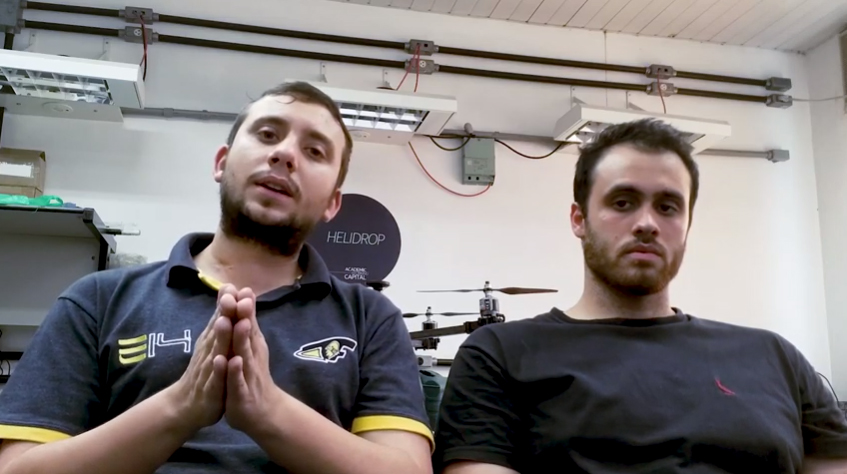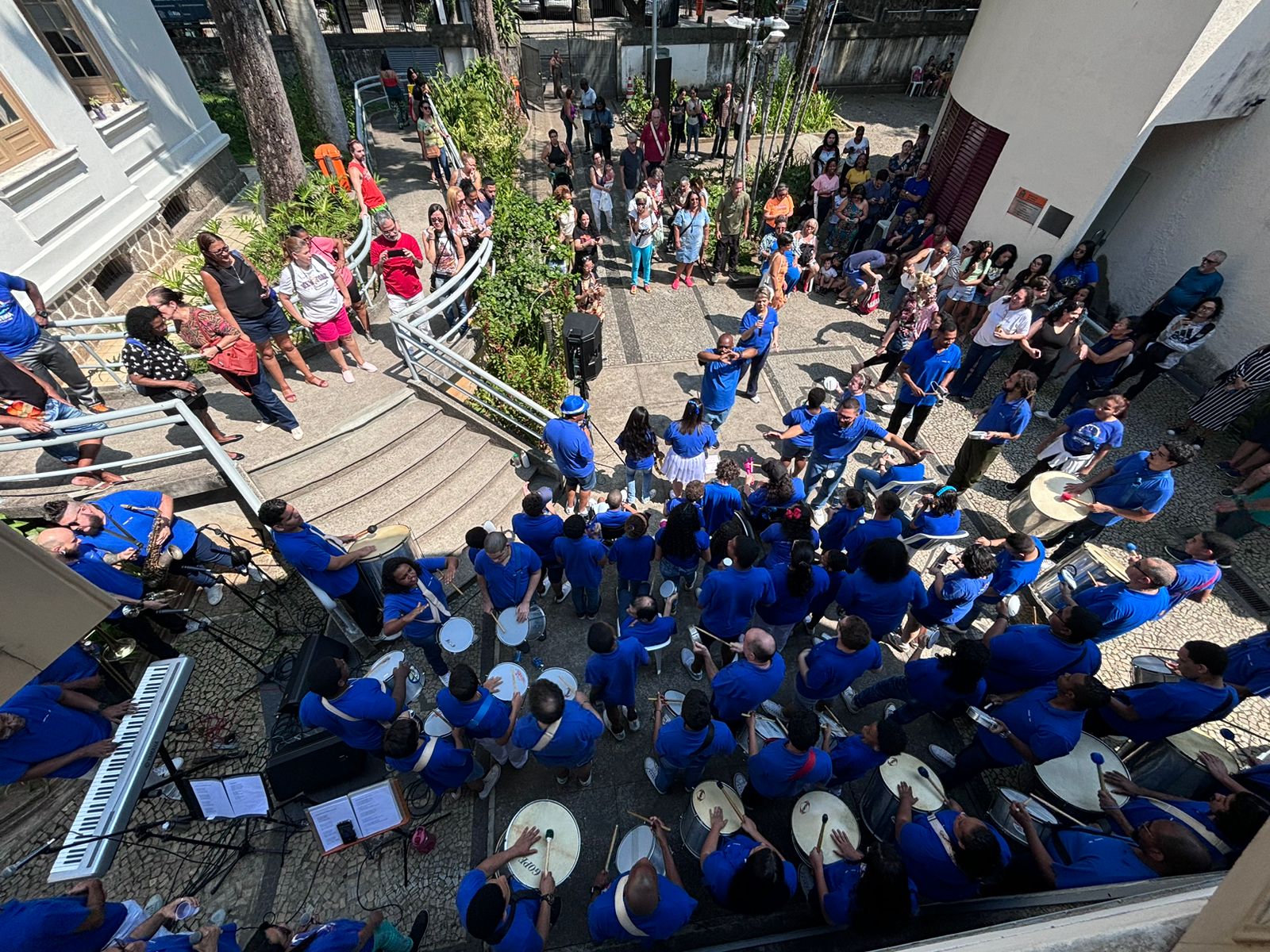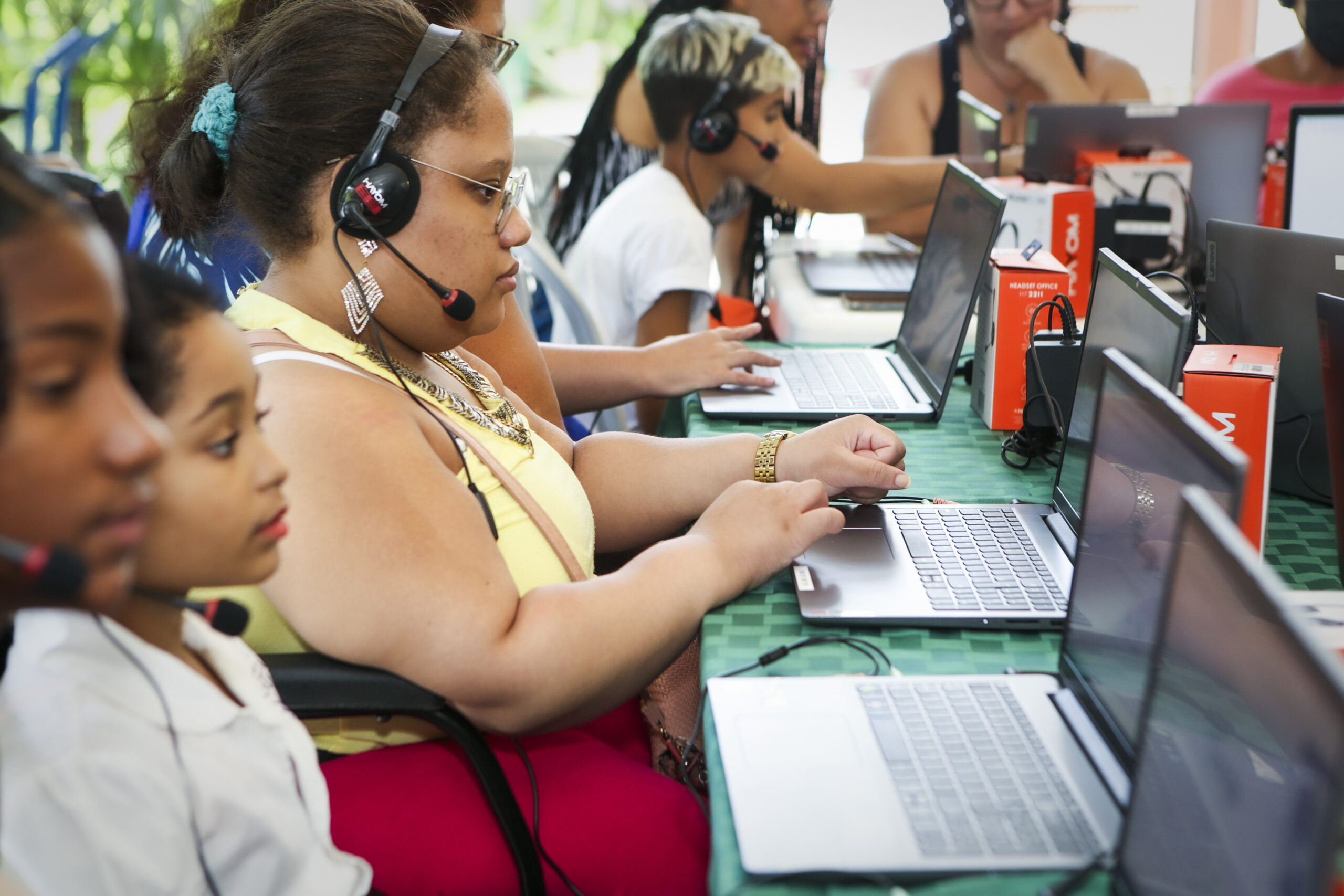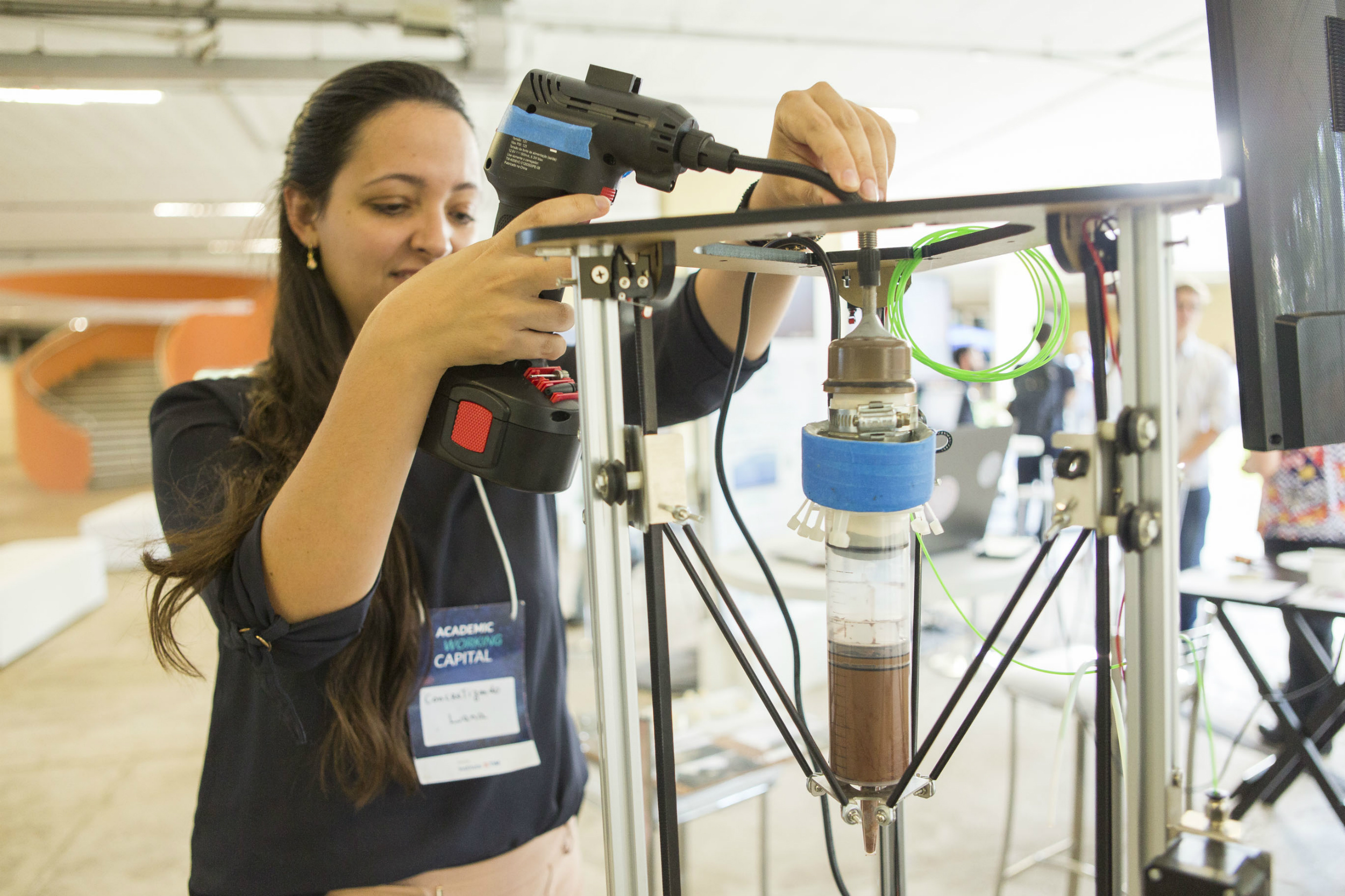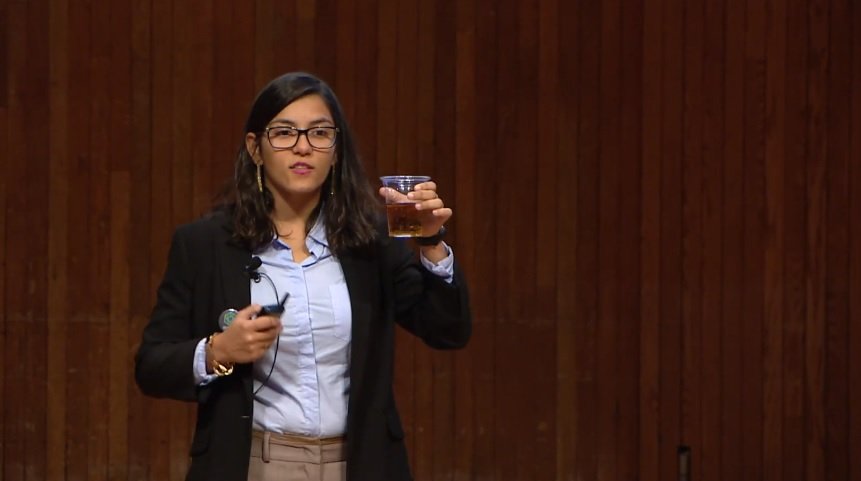
The Academic Working Capital 2019 program is going to its last stages, and the participating groups are now plunging into critical function prototypes and winning their early adopters. Therefore, the focus of the Online Interaction II activities, which took place on 9/14, was the organization of the tasks that each group had to perform to finish their experiments and perform the first market approaches to sales.
Coaches Diogo Dutra, program coordinator and master of Engeneering Design, and Rodrigo Franco, designer and Strategic Design specialist, remember that prototyping and customer testing is an essential step in moving from value proposition to engineering, i.e., the construction of the solution. And the challenge now is to deliver on what was promised to early adopters and complete the delivery of the critical function prototype. “Promise enough, deliver the basics well done. Not everything needs to be automated, not everything needs to be handed on a silver platter. Maybe there is something you can ask the customer to do. Focus on the main objective and deliver it well done,” summarized Diogo.
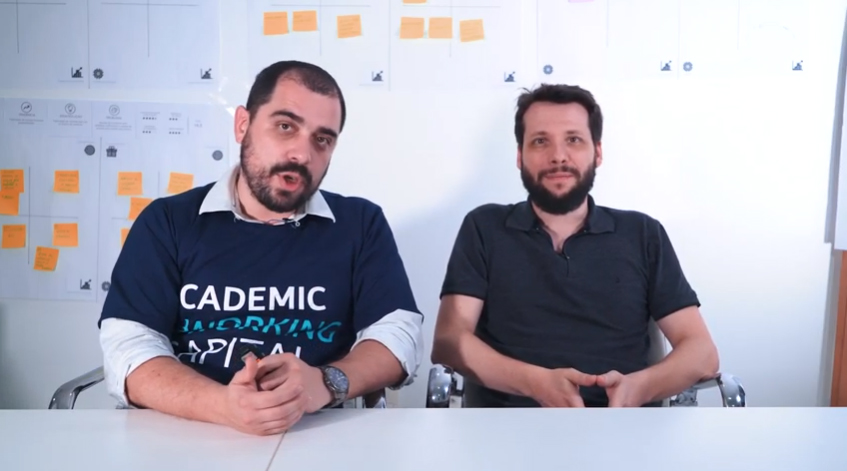
To assist in this challenge, the coaches presented organizational methods and tools such as agile methodology, SCRUM and kan ban. Based on these guidelines, the groups worked on setting up a prototyping plan, outlining the tasks they intend to perform, their priority and schedule. Then, they showed what they had done to their colleagues and coaches and received feedback. These plans will give rise to the critical function prototype projects that the groups will build with the program’s financial support and will exhibit at the Investment Fair in December.
In closing, the students knew some of the lessons learned by Helidrop, a startup created in AWC 2018, which provides agricultural spraying service using high-performance drones. Victor Hugo Turcato and Bruno Bagarini talked about what they learned from experimenting, how they made the low-fidelity and napkin prototypes, and the importance of this validation process. “You’ll make sure you’re on the right track before building the critical function prototype and spending more money,” explained Victor Hugo. “It becomes a co-creation process between the client and the startup, and you can refine your product and have valid feedback to build your solution,” added Bruno.
AWC 2019 groups will meet again on 10/26 at the On-line Interaction III, which will focus on the business plan.
